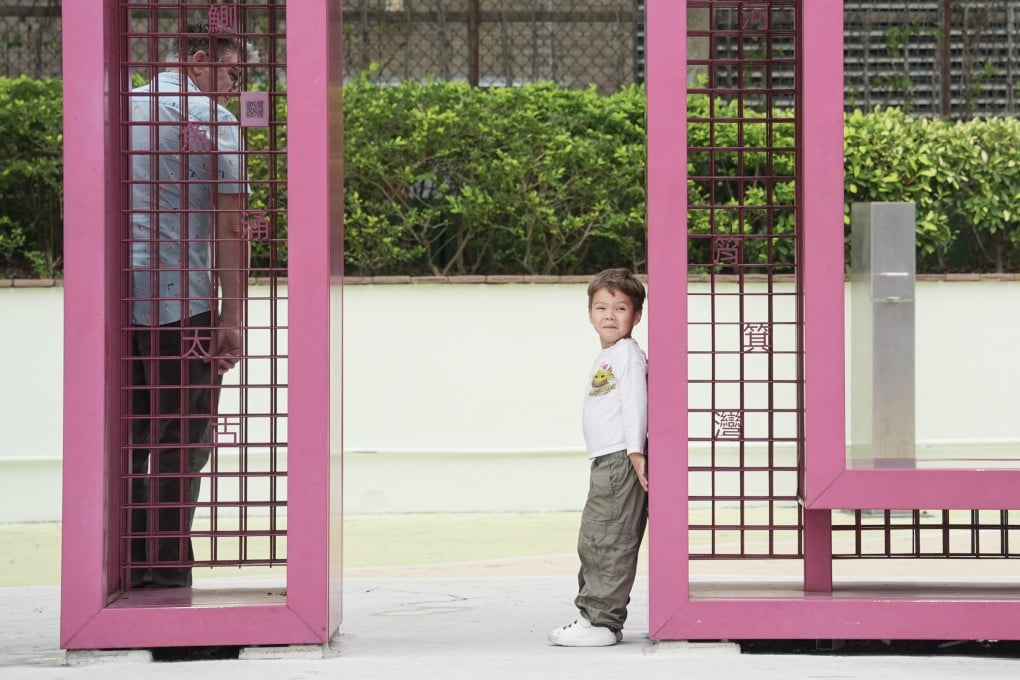Experts in Hong Kong discuss why gentle parenting is trending and why it may be useful for local families
Therapists and psychologists from Heep Hong, Central Minds and MindNLife talk about the parenting paradigm, exploring its benefits, challenges and relevance in a changing cultural landscape

If you’re a parent in 2025, you’ll have had a hard time avoiding the term “gentle parenting”. Whether it’s showing up on your social media feed or being demonstrated at play dates, gentle parenthood seems to be the hot topic in parenting circles this year. But what exactly is it? What principles does it stem from? And most importantly, does it work?
Heep Hong Society’s educational psychologist Jacqueline To aligns the gentle parenting movement with the authoritative parenting style, an approach coined by psychologist Diana Baumrind in the 1960s that sets clear boundaries and expectations with children, while also being responsive and supportive of their feelings and needs.

“I think it’s kind of like a terminology shift,” she says. “[Gentle parenting] is a recent buzzword, I would say. So there aren’t really any specific studies embodying all the principles, but it is very relevant or very related to some of the other kinds of parenting styles that we’ve always been talking about.” She uses the expression “gentle but firm”, to highlight how the values of empathy and boundary-setting can coexist without being opposed.
Dr Natalie Loong, a clinical psychologist at Central Minds, defines the approach as one that “centres empathy, respect and emotional connection within the parent-child relationship”.
She says “in line with global trends, gentle parenting principles are gaining interest in parts of Asia, particularly among younger, urban parents, with millennials often leading the shift”.
Some experts suggest that the rising appeal of softer parenting techniques reflects a broader desire among parents to raise their children differently from how they themselves were raised.
“In many Asian cultures, traditional parenting has emphasised obedience, discipline and respect for hierarchy,” Loong adds. “In response, some younger parents may be embracing gentle parenting and similar approaches as a way to break from the practices they experienced growing up.”